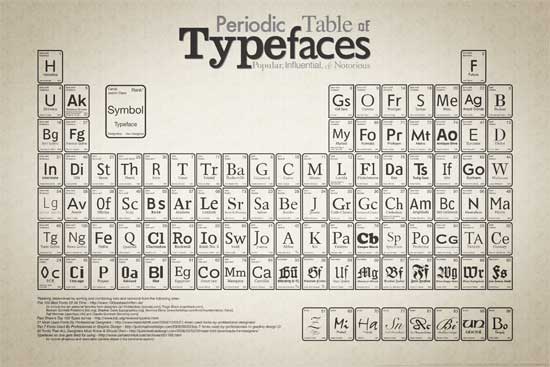I am reading a collection of articles from the book The Best Technology Writing of 2009 . I’m not very far in yet (the first piece is about Griefers, people in online worlds who try to make the games a miserable experience for others, which was unsettling to read) but last night, I was very deep into an essay by Andrew Sullivan about why he blogs. The piece is called “Why I blog.” In it, Sullivan goes deep into the value and pitfalls of the blogging world and it made me think about the same question: Why do I blog?
It seems to me that people blog for different reasons, at least in the circles that I wander. Some just post links to resources. Others write about their experiences as teachers, or as parents. Some share actual writing (short stories, images, etc.). Some use their space as a journal. Others, for a platform for videos and/or audio.
So, what I am doing here at this blog?
First, some background. I created this space about 1,250 blog posts ago (in years, that is about 3 1/2 years ago). I was spurred on to do it by a friend from the National Writing Project, who was blogging herself as a special education teacher in DC (see her blog) and she could not believe that I was not doing it, too. I was using blogs with my students at that time, so I knew about what blogging was and how to use it. But I was not blogging myself. Not as a writer. Not as a teacher. This was during my wonderful summer of technology known as Tech Matters, out in Chico, California, and Maria’s excitement and encouragement was all that I needed to check out this Edublog platform. I signed up and was off. I named it Kevin’s Meandering Mind because I knew I would be moving in different directions, writing about teaching but also music, writing, family and more. It’s a wide path I follow, which may frustrate the reader (sorry) but that freedom keeps me thoroughly engaged. I started out with some reflections on Tech Matters (see my very first post here at this blog), and then later, I began doing some podcasting of my history as a songwriter.
Many, many posts later, I am still here in this space I created in 2006 in Chico. So, why do I blog?
I blog because the act of writing gives me a chance to reflect on what I am doing. I am one of those who learns by doing and who understands by writing, and although I could do that writing in a paper journal, I admit that I like the stage of the world. The act of reflection in this space collects my thoughts as a portfolio (God forbid, the whole thing crashes, right?) and I often go back to see what I wrote about certain projects or ideas.
Like Andrew Sullivan, I see the blog as a different kind of space than writing for publication, which requires more in-depth thought and work to sustain an idea over a stretch of time. A post on the blog is what is on my mind right now — right this minute (although sometimes, an idea peculates for a spell before it spills out of my fingers). The immediacy of the action of blogging has always attracted me. I write fast, and when I write, I let my mind take over and just let it go (see reference to Meandering Mind above). Sometimes, I am surprised by what comes out on the screen. It has always been this way with me as a writer. I let myself surprise myself. A pencil slows me down. A keyboard is the perfect companion to my thoughts. And a blog to me is a perfect platform from which to write.
I blog to explore. There are so many cool tools out there, and so many more just bubbling up, that it becomes difficult to gauge the value for the classroom and for learning. We could rely on others to test things out and evaluate, but why not do that ourselves? I am one of those fools who jumps in, tries it out and then comes out the other side, ready to write about what I see as possibilities and drawbacks. I blog to share that with the world, and hopefully, here and there, I spark some interest in others. I would never have had that possibility before the world of blogs.
I blog to bring ideas into my own classroom — from webcomics, to stop-motion movie making, to creating publishing platforms for them as writers. I blog to see possibilities.
I blog because it has brought me into a rich world of collaboration and friendship. I have people all around the world with whom I have joined together with to create videos (the Collaborative ABC Project), photos (Photofridays), writing about our lives (Slice of Life), reflecting within the confines of a sentence (Day in a Sentence) and many others too numerous to name. This blog is the heart of much of that activity and I love how it expands my world exponentially.
Why do I blog? I blog because I am a writer.
Peace (in reflection),
Kevin
